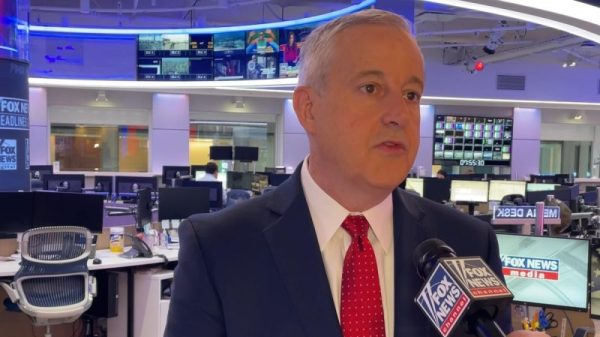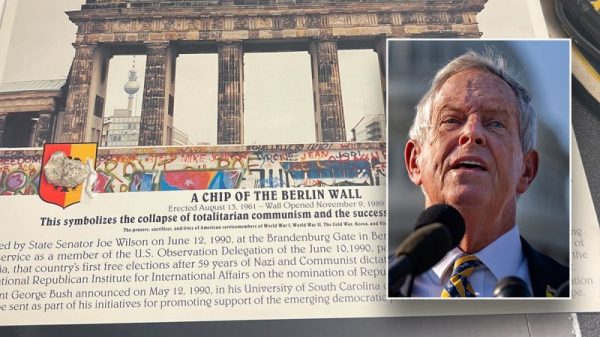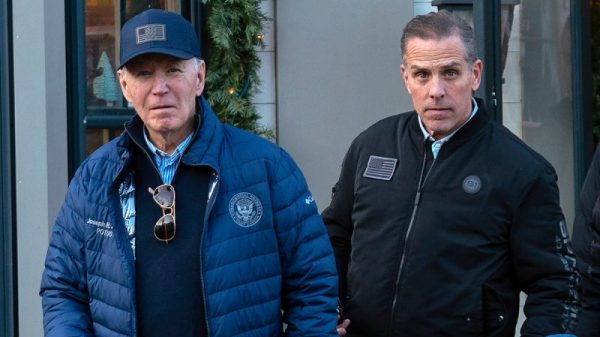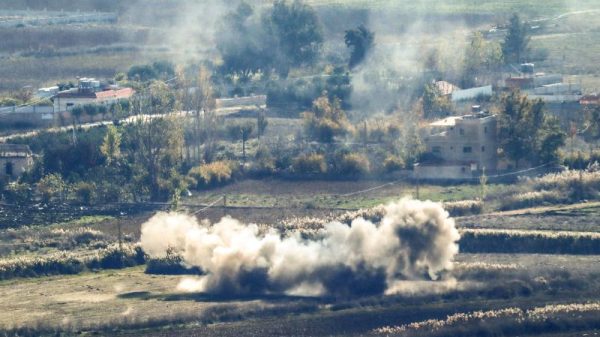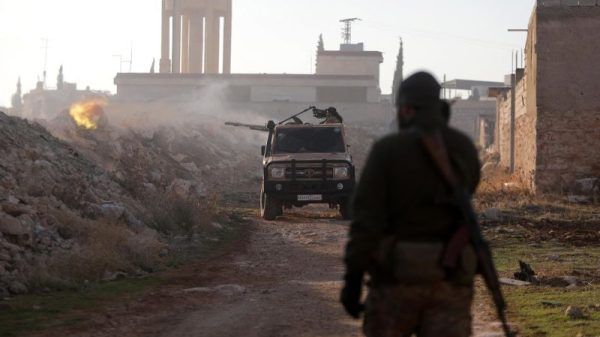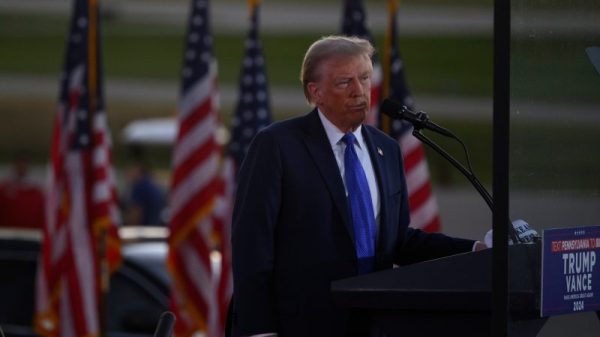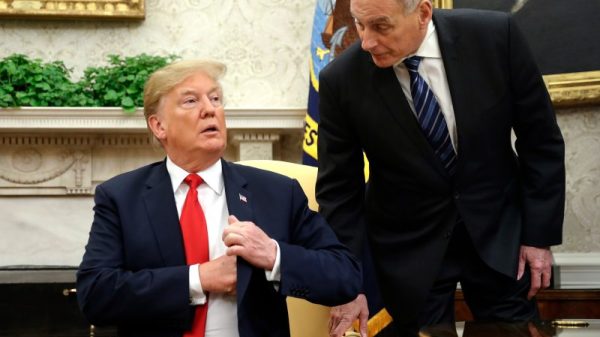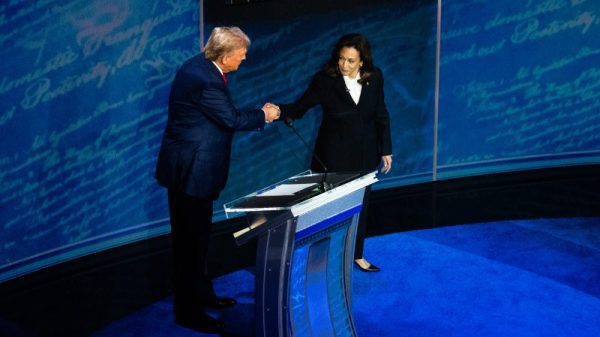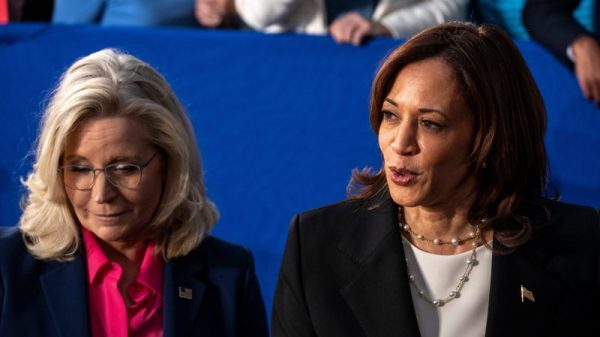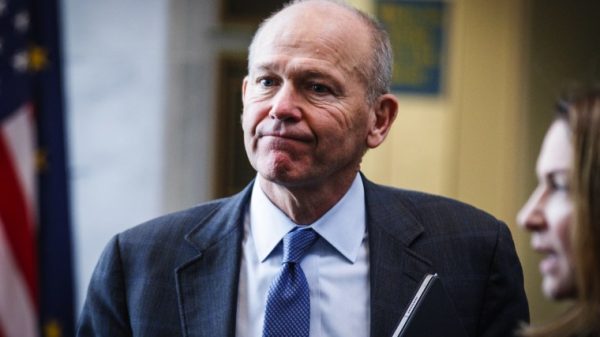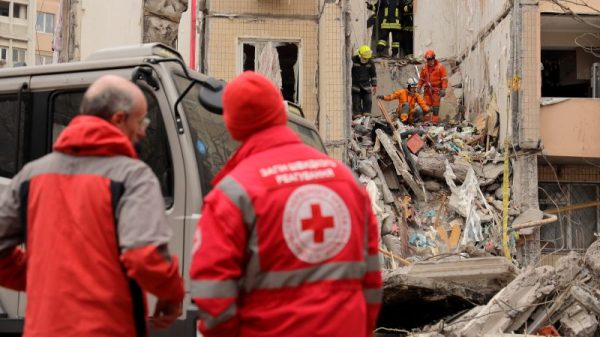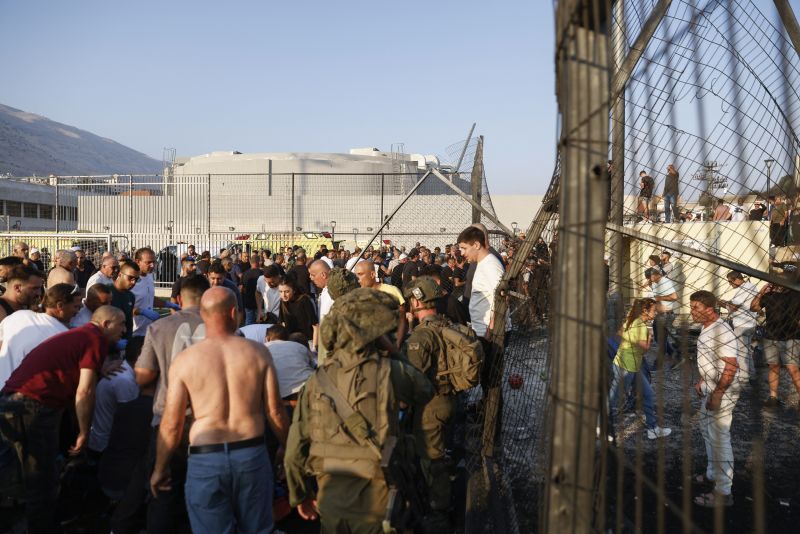 The Israel-Hezbollah conflict has been an ongoing issue for decades. While no one benefits from war and people generally hope for peaceful resolutions, sometimes tensions can escalate unexpectedly, leading to further conflict. This is why international community often emphasizes the importance of dialogue, negotiation, and reconciliation.
The Israel-Hezbollah conflict has been an ongoing issue for decades. While no one benefits from war and people generally hope for peaceful resolutions, sometimes tensions can escalate unexpectedly, leading to further conflict. This is why international community often emphasizes the importance of dialogue, negotiation, and reconciliation.
Hezbollah, a political and military organization based in Lebanon, has often had disputes with Israel that have led to military confrontations. The root of the problem lies in differing political ideologies and territorial disputes. Sometimes these disputes can escalate into larger conflicts that could appear to be on the brink of war.
However, both parties understand the severe consequences of such a war, hence the reservation to pursue it. War brings devastation, loss of life, and long-term economic and social damage. Moreover, it can potentially involve other nations, creating larger regional instability.
Currently, this situation is being closely monitored by international communities and peacekeeping organizations. By mediating, supporting diplomatic negotiations, and providing humanitarian aid when necessary, they continuously work to prevent such a war from happening.
As an outcome of full-blown war is not favorable for either party involved or their allies, pursuing diplomatic channels, conflict resolution and peacebuilding initiatives are of primary importance.





